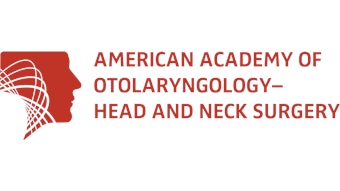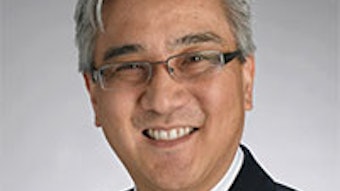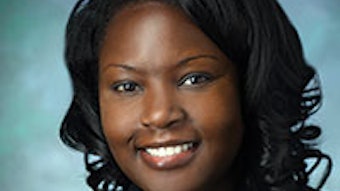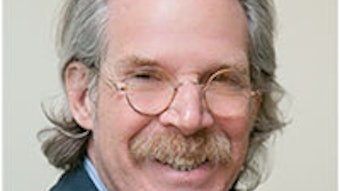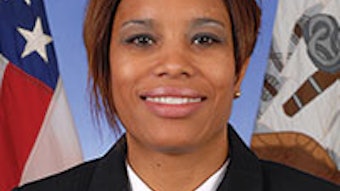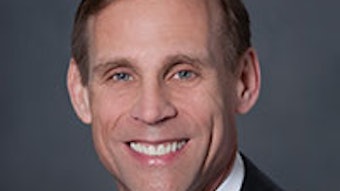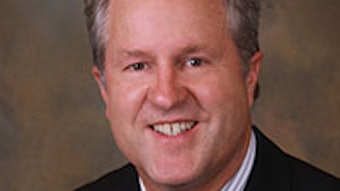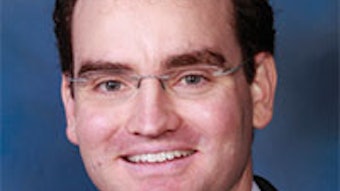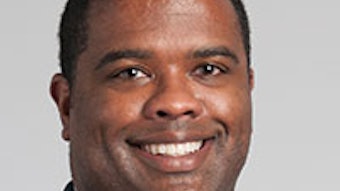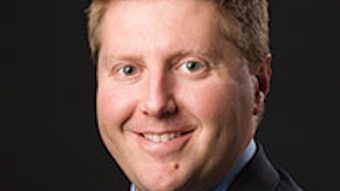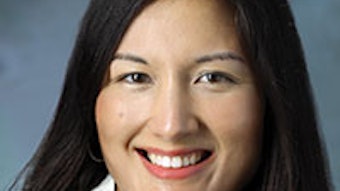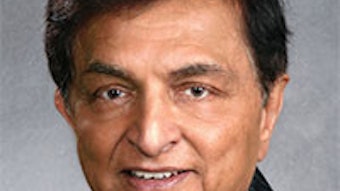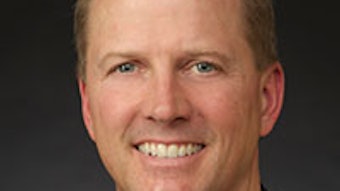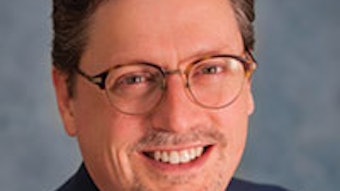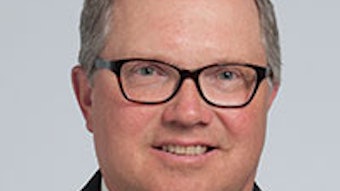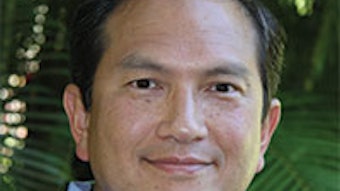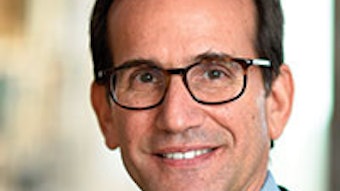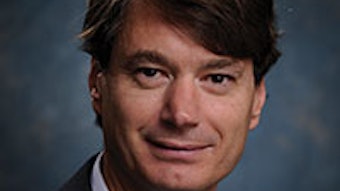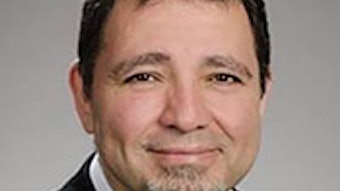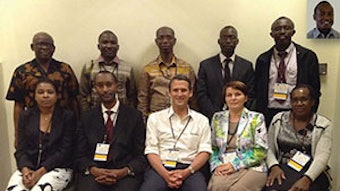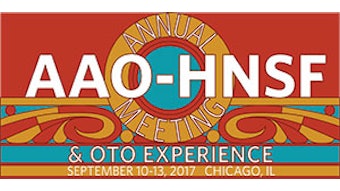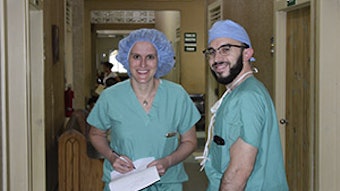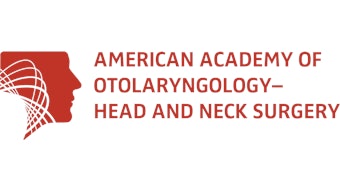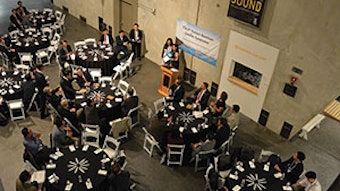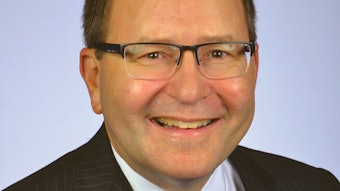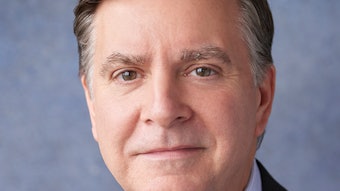AMA House of Delegates Report: Issues affecting otolaryngology
The American Medical Association (AMA) held its 2016 Interim House of Delegates (HOD) Meeting November 12-15, in Orlando, FL. Your Academy was represented by myself, Michael S. Goldrich, MD, delegate; Robert Puchalski, MD, delegate and otolaryngology section council chair; and James C. Denneny III, MD, Academy EVP/CEO, and alternate delegate.
Liana Puscas, MD, MHS, Former Chair, AAO-HNS Delegation to the AMA House of Delegates
The American Medical Association (AMA) held its 2016 Interim House of Delegates (HOD) Meeting November 12-15, in Orlando, FL. Your Academy was represented by myself, Michael S. Goldrich, MD, delegate; Robert Puchalski, MD, delegate and otolaryngology section council chair; and James C. Denneny III, MD, Academy EVP/CEO, and alternate delegate.
The AMA HOD debated and voted on several topics relevant to our specialty.
- The HOD voted to study (through the AMA Council on Science and Public Health) universal color schemes for respiratory inhalers that may be critical in situations such as the emergent need for a rescue inhaler. The AMA will also study disclosures of screening test risks and benefits when those tests are performed without a doctor’s order. This latter scenario may have important implications for patients who seek online hearing testing or screenings relating to over-the-counter access to hearing aids.
- The HOD passed policy in which the AMA will engage in efforts to convince the Centers for Medicare & Medicaid Services (CMS) to abstain from inappropriate bundling in situations in which functional and aesthetic issues can or should be considered separately. This discussion was triggered by the recent bundling by CMS of blepharoplasty and blepharoptosis repair. The AMA HOD agreed with the AAO-HNS and American Academy of Facial Plastic and Reconstructive Surgery (AAFPRS) Delegations that not only was this inappropriate for this procedure, but it could potentially set a dangerous precedent for other circumstances.
- The recently released Food & Drug Administration (FDA) draft guidance on “Insanitary Conditions at Compounding Facilities” has implications for in-office physician compounding. This, coupled with potential changes to USP (United States Pharmacopeia) Chapter 797, could negatively impact the specialty and our members who perform in-office compounding of allergy immunotherapy, Botox, buffered local anesthetic, etc., for patient administration. With the support of the AAO-HNS Delegation, the AMA voted to urge the FDA to remove physician offices from the list of compounding facilities impacted by the draft guidance.
On a personal note, I would like to thank the Academy for the opportunity to serve on the AAO-HNS Delegation to the AMA HOD and as its chair for the past 12 years. This has been a tremendous opportunity to learn and engage in health policy on a national level. It has been my privilege to participate in the Board of Directors’ meetings as a standing guest, and I have enjoyed working closely with Academy leadership and its fantastic staff.
Dr. Goldrich will become the new Delegation chair, as I have termed off the Delegation. I want to thank Shannon P. Pryor, MD, who also termed off the Delegation in 2016, and welcome Douglas R. Myers, MD, from Vancouver, WA, to the Delegation beginning in 2017.
I encourage you to become an AMA member and maintain your membership. Your membership gives our specialty and the house of medicine greater clout in policymaking.
The next meeting of the AMA HOD will be June 10-14 in Chicago, IL. With questions regarding this report and other AMA HOD activities, please contact govtaffairs@entnet.org.
